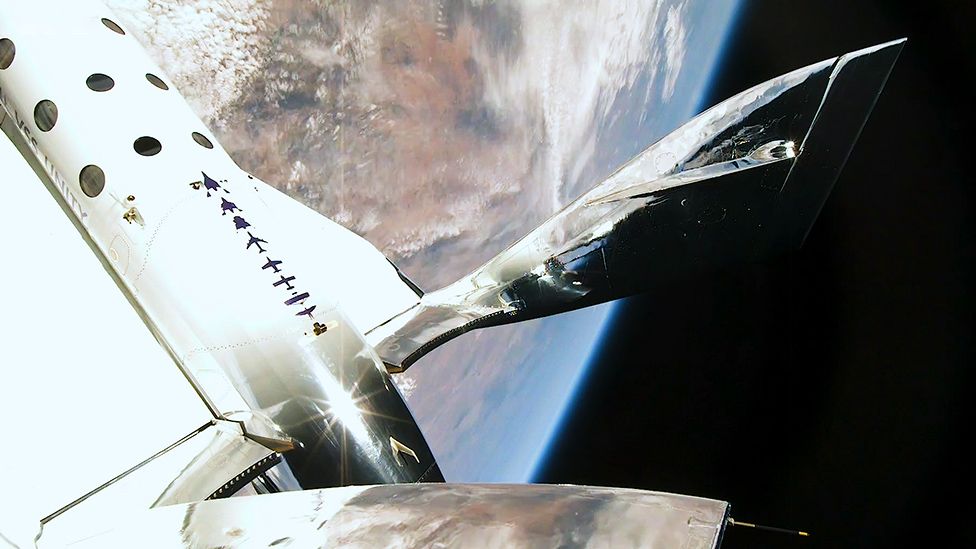Ghana is on the path to launching a rocket into space, according to an announcement by the Ghana Space Science and Technology Institute.
However, this ambitious goal will necessitate partnerships with other member states of the International Astronomical Union (IAU).
This announcement comes on the sidelines of the 2024 IAU General Assembly, which is being held in Cape Town, South Africa.
This marks a historic moment as it is the first time in the Union’s 105-year history that this prestigious event is being hosted on African soil, symbolizing a major milestone for both the IAU and South Africa.
The IAU General Assembly is recognized as the world’s largest platform for astronomers, scientists, and researchers to engage in discussions on the latest developments in astronomical research and to strengthen international collaborations.
The event is expected to draw over 2,000 experts from 82 countries, further establishing Cape Town as a significant hub for scientific innovation and discourse.
During an interview with JoyNews’ Blessed Sogah at the event, Dr. Naomi Asabre Frimpong, a Research Scientist at the Ghana Space Science and Technology Institute, confirmed Ghana’s plans for space exploration.
“Ghana does plan to go to space,” she stated. “However, we will need a lot of investment in space technology, space engineering, communication, and research because our current infrastructure does not support space missions as far as the international space station.”

Addressing concerns regarding the perceived lack of advanced satellite technology in Ghana and other African countries, Dr. Asabre Frimpong emphasized the capabilities of Ghanaian scientists.
“Ghanaians are really brilliant; we have a lot of potential and are able to achieve a lot with the limited infrastructure we have. With support from the government, the public, and our own research institutions and universities, Ghanaians can contribute significantly to the international scientific community. Therefore, we should not underestimate our scientists. We can achieve more with additional support.”
South Africa, the host of the 2024 IAU General Assembly, has expressed its eagerness to collaborate with countries like Ghana to enhance their contributions to global astronomy.
General Manager for Communications at Brand South Africa, Thoko Modise, the official marketing agency of South Africa, shared her enthusiasm for such partnerships.
“We are thrilled to collaborate with the International Astronomical Union for the 2024 General Assembly,” Modise said.
“Hosting this prestigious event in Cape Town not only highlights South Africa’s role as a significant player in the global astronomy community but also reflects our commitment to supporting international collaboration and innovation. This assembly underscores our country’s growing prominence in the field and our capability to host world-class events.”
The 2024 IAU General Assembly presents a vital opportunity for South African scientists to showcase their contributions to astronomy, particularly through their involvement in the Square Kilometre Array (SKA) project.
This massive international initiative aims to build the world’s largest and most sensitive radio telescope, with components situated in South Africa’s Karoo desert and Australia’s Murchison region.
The SKA project is poised to revolutionize our understanding of the universe with its unmatched sensitivity and scale. Recent achievements include the successful installation of the first phase of dishes and the deployment of advanced technology, setting the stage for groundbreaking discoveries in radio astronomy and deeper exploration of cosmic phenomena.
The assembly will also feature presentations on topics such as the influence of the James Webb Space Telescope on our comprehension of the universe, cutting-edge techniques for discovering exoplanets, efforts to combat light pollution, and the role of astronomy in global development.
Notable participants include Dr. Sian Proctor, who made history as the first African American woman to pilot a spacecraft during the all-civilian Inspiration4 mission, and Dr. Brian Schmidt, a Nobel laureate in Physics for his work on the accelerating expansion of the universe.
Additionally, former NASA astronaut Mae Jemison, the first African American woman in space, will be featured in public events, along with a live radio link between ten Cape Town students and NASA astronaut Sunitha Williams aboard the International Space Station.



